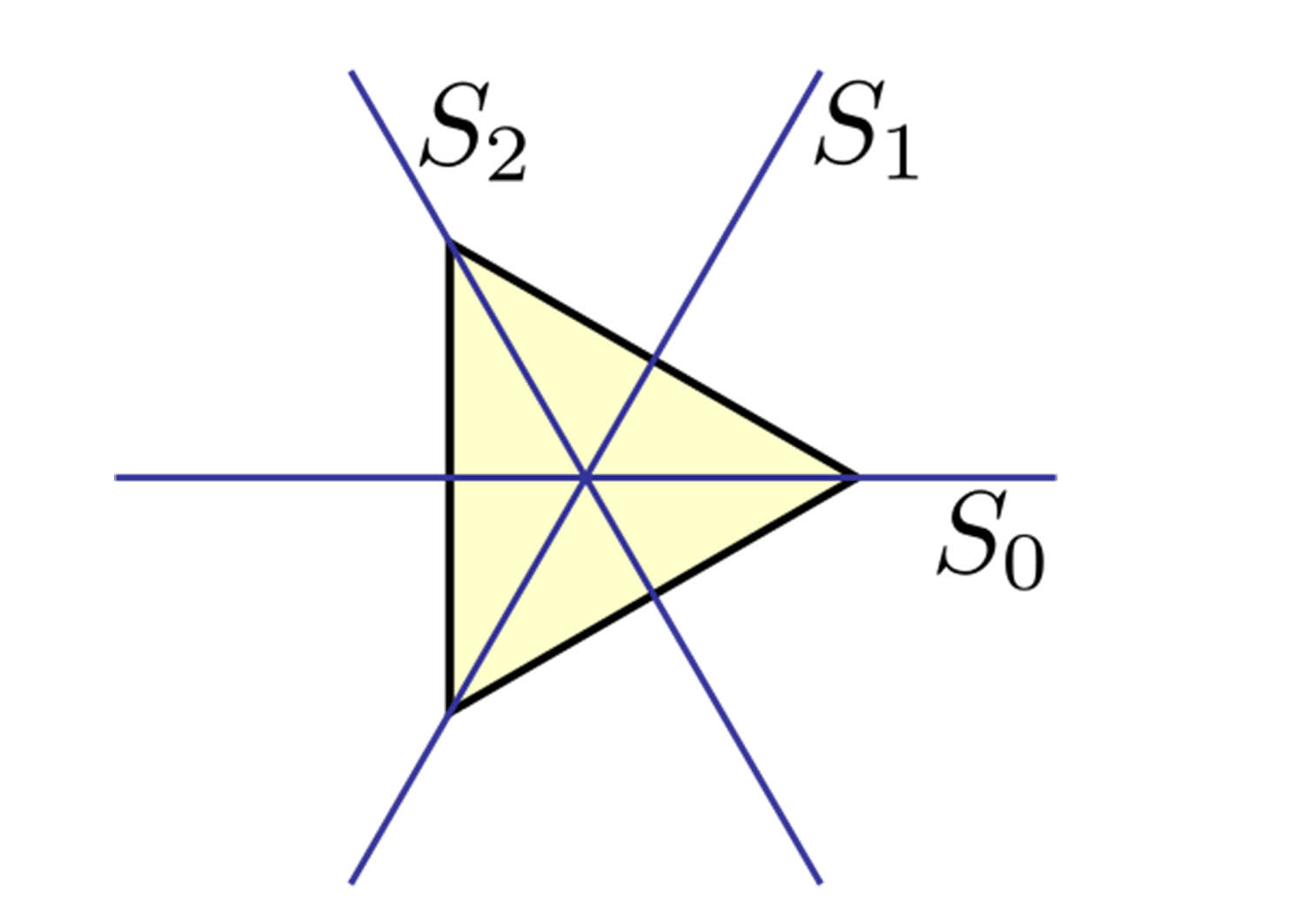
Sylow theorems are fundamental concepts in the field of group theory, a branch of abstract algebra. These theorems, named after the Norwegian mathematician Ludwig Sylow, provide crucial insights into the structure of finite groups. Understanding Sylow theorems is essential for exploring the properties and behavior of groups, making them a cornerstone of modern mathematics.
In this article, we will delve into seven key facts about Sylow theorems, shedding light on their significance and applications. From their historical origins to their practical implications in various mathematical contexts, these theorems offer a rich tapestry of knowledge for both students and enthusiasts of abstract algebra. So, let's embark on a journey to unravel the mysteries of Sylow theorems and appreciate their profound impact on the study of groups and beyond.
Key Takeaways:
- Sylow Theorems, formulated by mathematician Sylow, help us understand the structure of groups and their subgroups, playing a vital role in various mathematical fields and revolutionizing the study of group theory.
- These theorems shed light on the number of subgroups in a given group, providing key insights into the structure of finite groups and paving the way for new mathematical discoveries.
Sylow Theorems are a Fundamental Concept in Group Theory
Sylow Theorems are a fundamental concept in group theory, a branch of mathematics that deals with the study of symmetry. These theorems provide crucial insights into the structure of finite groups and are indispensable tools in various mathematical proofs and applications.
They Were First Formulated by Norwegian Mathematician Peter Ludwig Mejdell Sylow
The Sylow Theorems were first formulated by the Norwegian mathematician Peter Ludwig Mejdell Sylow in the late 19th century. Sylow's groundbreaking work laid the foundation for the study of finite group theory and has since become a cornerstone of modern algebra.
Sylow Theorems Shed Light on the Number of Subgroups in a Given Group
One of the key insights provided by Sylow Theorems is their ability to shed light on the number of subgroups in a given group. This understanding is crucial in various mathematical contexts, including the classification of finite simple groups and the study of group actions.
They Play a Vital Role in the Classification of Finite Simple Groups
Sylow Theorems play a vital role in the classification of finite simple groups, a monumental achievement in mathematics. The theorems provide essential tools for understanding the intricate structure of these groups, which are fundamental building blocks in the realm of abstract algebra.
Sylow Theorems Have Far-Reaching Applications in Various Mathematical Fields
The far-reaching applications of Sylow Theorems extend beyond group theory and have profound implications in diverse mathematical fields, including number theory, combinatorics, and cryptography. Their versatility and power make them indispensable in modern mathematical research and problem-solving.
They Provide Key Insights into the Structure of Finite Groups
Sylow Theorems provide key insights into the structure of finite groups, offering a deeper understanding of their properties and behavior. This understanding is invaluable in tackling complex mathematical problems and unraveling the mysteries of abstract algebra.
Sylow Theorems Have Revolutionized the Study of Group Theory
The formulation and impact of Sylow Theorems have revolutionized the study of group theory, propelling advancements in algebraic structures and paving the way for new mathematical discoveries. Their significance reverberates across the mathematical landscape, inspiring further exploration and innovation.
Sylow Theorems stand as a testament to the profound impact of mathematical theory on diverse fields, shaping the way we perceive and analyze abstract structures and paving the path for new mathematical frontiers.
Conclusion
In conclusion, Sylow theorems are powerful tools in the field of group theory, providing deep insights into the structure of finite groups. Understanding these theorems opens up avenues for solving complex problems and sheds light on the fundamental properties of groups. From the existence of Sylow subgroups to their conjugacy relationships, these theorems offer a rich tapestry of mathematical concepts that continue to inspire and challenge mathematicians. Embracing the beauty and intricacy of Sylow theorems not only enriches our understanding of abstract algebra but also fuels the exploration of mathematical structures in diverse areas of research and application.
FAQs
What are Sylow subgroups, and why are they important?Sylow subgroups are subgroups of a finite group that capture essential information about the group's structure. They play a crucial role in analyzing the properties and behavior of finite groups, providing valuable insights into their composition and symmetries.
How do Sylow theorems contribute to group theory?Sylow theorems offer profound insights into the structure of finite groups, addressing fundamental questions about the existence and properties of specific subgroups within these groups. By elucidating the relationships between Sylow subgroups and their conjugates, these theorems deepen our understanding of group theory and pave the way for solving intricate mathematical problems.
Was this page helpful?
Our commitment to delivering trustworthy and engaging content is at the heart of what we do. Each fact on our site is contributed by real users like you, bringing a wealth of diverse insights and information. To ensure the highest standards of accuracy and reliability, our dedicated editors meticulously review each submission. This process guarantees that the facts we share are not only fascinating but also credible. Trust in our commitment to quality and authenticity as you explore and learn with us.
